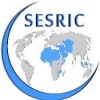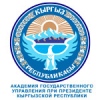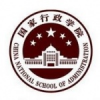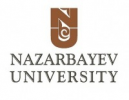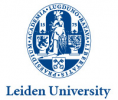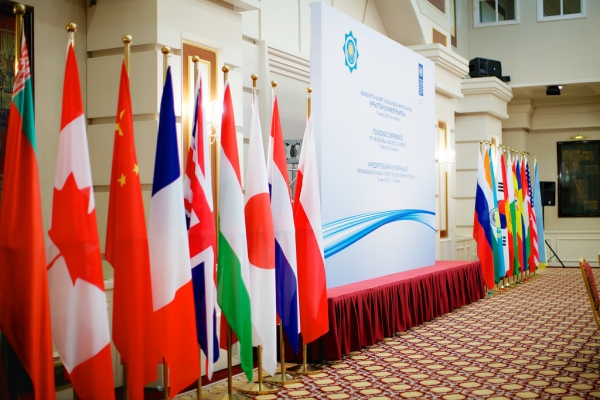
Established by 25 participating countries and 5 international organizations, the Astana Civil Service Hub is an example of effective partnership and networking platform with flexible and demand-driven agenda. The Hub’s work prioritises horizontal knowledge sharing, based on mutual respect and learning, between participating countries (currently 40 countries), appreciating, at the same time, their unique contexts.
The Hub utilises approaches to partnerships, cooperation and networking that are globally supported by UNDP, and it draws on exchange of expertise from the countries of Europe, the Commonwealth of Independent States and the Caucasus.
The Hub has 35 institutional partners from different parts of the world, which are rich in applied knowledge and expertise in civil service reform. Thus, the global outreach of the Hub is reinforced through the cooperation with the OECD Secretariat and programmes, the United Nations Public Administration Network (UNPAN), the American Society for Public Administration (ASPA), the Asian Association for Public Administration (AAPA), and the Network of Institutes and Schools of Public Administration in Central and Eastern Europe (NISPACEE).
The Hub is now a member of the Effective Institutions Platform, an alliance of over 60 countries and organisations that support country-led and evidence-based policy dialogue, knowledge sharing and peer learning on public sector management and institutional reform, jointly supported by the OECD and UNDP Secretariat.
The Hub successfully cooperated with the UNDP Global Centre for Public Service Excellence in Singapore. Together with the Singapore Centre, the Hub conducted joint research projects, produced knowledge products, thematic papers, case-studies, etc.
The Astana Hub created its own roster of international experts who conduct joint research, facilitate capacity development, and take part in joint events of the participating countries.
Having been recognized for its work in promoting regional and interregional cooperation, the Hub was awarded a special prize by the United Nations Office for South-South Cooperation in 2014.





